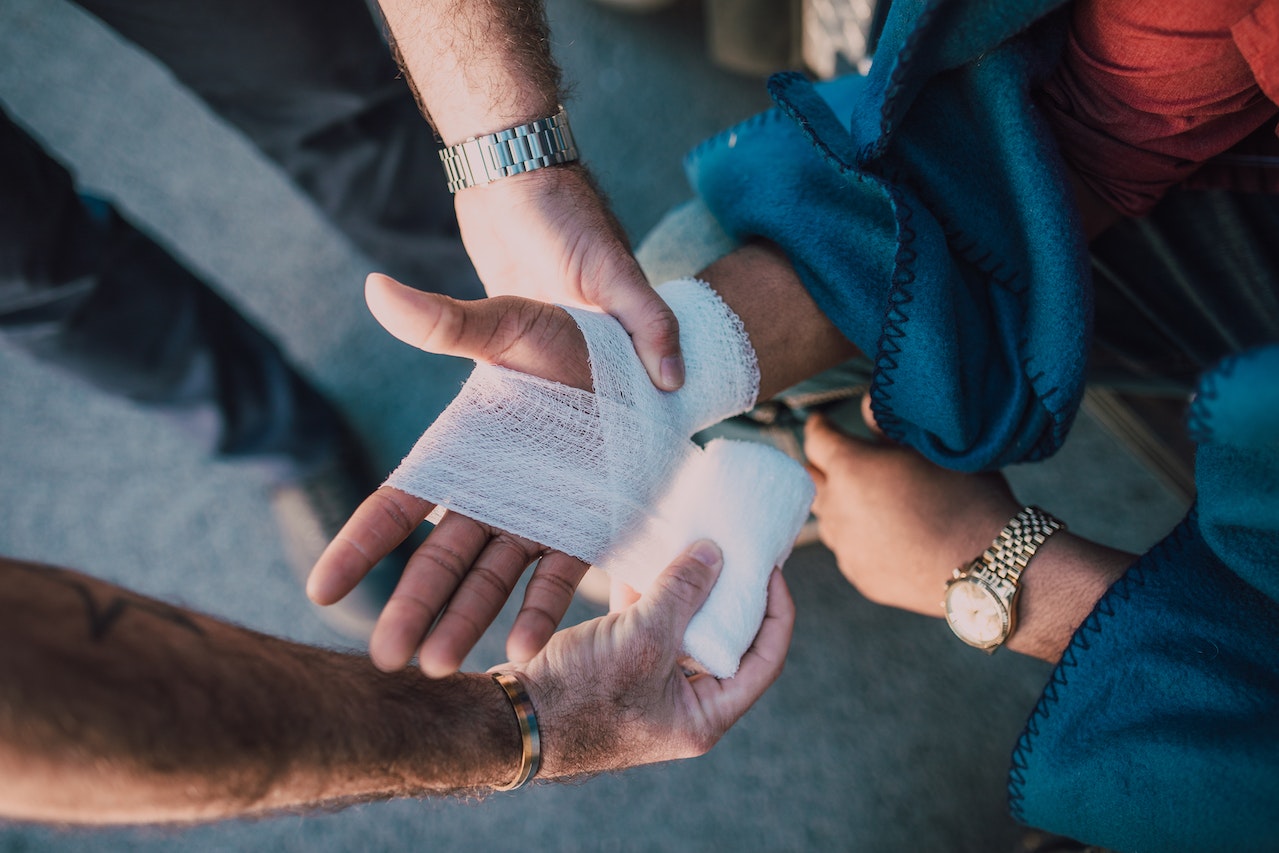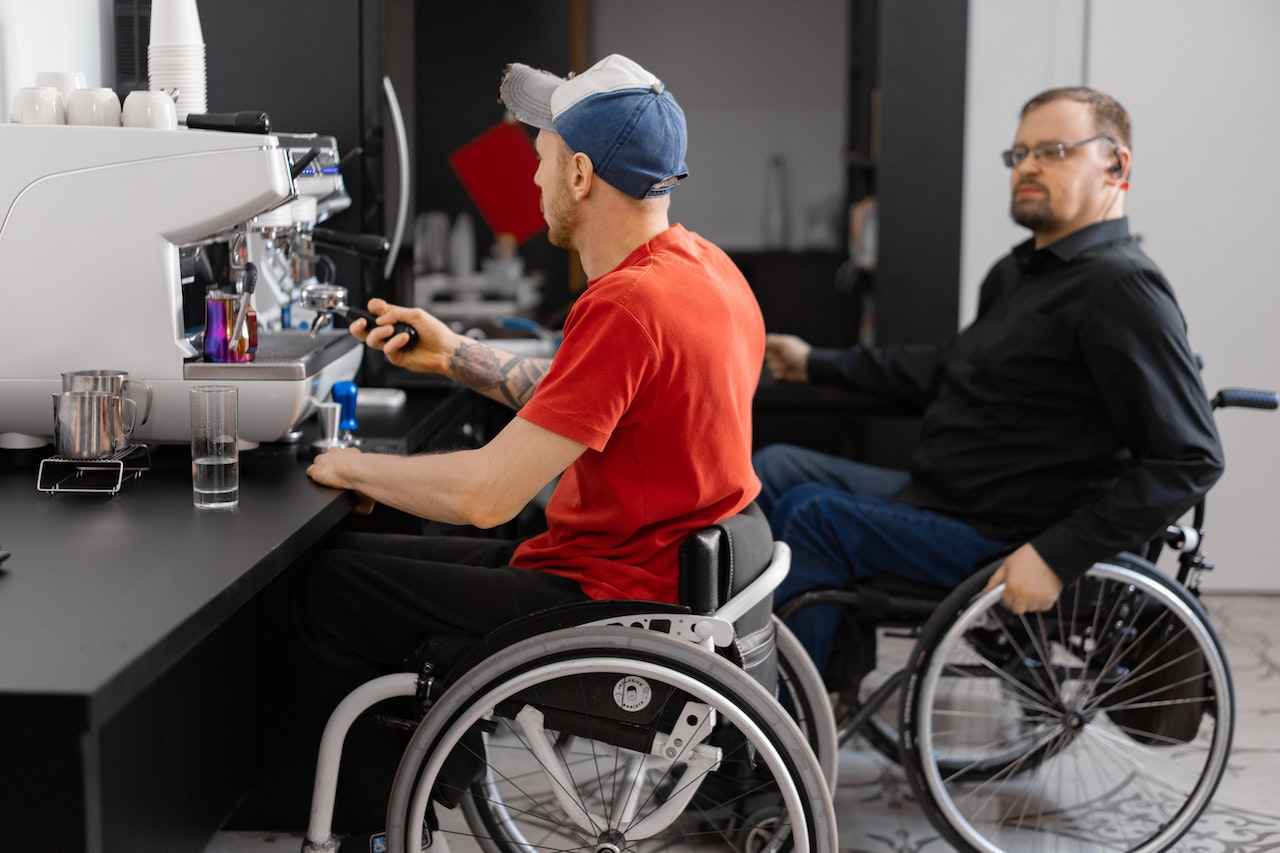Every workplace is a busy environment where people operate on daily schedules that maintain each team’s productivity.
Although most places have uninterrupted weekly routines, sometimes accidents happen. When employees experience injuries, companies need to have plans in place that help them heal and return to work in a timely manner.
This guide explains the many benefits of return to work (RTW) programs for employees and employers. Learning more about them will help workplaces create similar programs to help everyone involved in potential future accidents.

What Is a Return to Work Program?
Companies create return-to-work programs as a proactive plan for what everyone can do to help injured employees get back to their jobs after an injury occurs in the workplace. It considers the person’s unique medical situation and their doctor’s recovery advice while providing work so the employee can continue paying their bills.
RTW programs also maintain connections between employers and their employees. Instead of making employees feel isolated and forgotten while healing at home, employers take care of their workers during recuperation and reintegration.
Although some people might not think RTW programs are necessary for every workplace, injuries can occur anywhere. The U.S. Bureau of Labor Statistics reported 2.7 million nonfatal injuries in 2020 alone, which means 2.7 out of 100 people became injured at work that year.
People should never feel like they are going to lose their job because an injury keeps them at home or away from work. RTW programs eliminate that concern while providing many other benefits.
Benefits of Return to Work Programs for Injured Workers
There are many reasons why a return to work program for injured workers improves the workplace. These are a few ways employees stand to benefit from one if they find themselves in need of an RTW plan.
1. They Feel Assured About Their Employment Status
Employers can’t fire someone for getting injured at work and needing time off. However, people may still stress about being viewed as less necessary around the office because they take time away to recover. They may panic about their employer laying them off before anyone else if future layoffs are essential due to economic challenges.
RTW programs express that the employer values their skills and wants them to return. The program keeps them actively employed, demonstrating that the company still wants to retain them. Their job won’t disappear under false pretences just because they must recover at home.
2. They Experience Less Stress
Even if someone doesn’t feel concerned about their employment status after an injury, recovery can still be stressful. It may take many months for someone to feel like themselves again.
Medical recovery services often include comprehensive healing approaches that address mental, physical, and emotional states because everything ties together during recovery.
If someone can work from home at a reduced capacity and still get regular paychecks, it takes much of the stress away from healing. Instead of worrying about meeting peak pre-injury productivity levels while navigating recovery alone, they can complete their daily work while focusing on their physical and mental needs.
Peace of mind is one of the greatest benefits of return to office programs because it opens the door for all other types of healing.
3. They Keep Social Connections Going
Sometimes people have to recover at home by themselves. They may live alone, which means their recovery could include weeks or months of isolation.
RTW programs keep people in contact with workplace friends and co-workers, facilitating an easier return to work when their doctor approves. They’ll have a more positive attitude about their healing process and feel supported by the constant person-centred approach of RTW programs.
4. They Experience Financial Security
Injured employees who receive a temporary total disability check will make 60 per cent of their income while healing. Although it isn’t equivalent to their full paycheck, it makes it much easier to work from home, attend doctor appointments, and afford any therapies as required by their treatment plan.
Financial security also means the injured person doesn’t have to get a second job and live with the increased stress of juggling so many professional responsibilities while living with an injury.
5. They Can Focus on Healing
Injured employees can focus on healing while participating in an RTW program. Instead of pushing themselves through a standard workday in the office when they can’t handle it, they’ll know their employer understands and appreciates their new workload.
Reducing stress this way creates a calm environment that allows for improved recovery.
6. They Won’t Lose Career Momentum
Most people have goals in mind for their careers. They may view their current job as a stepping stone to a role that would be more fulfilling. Taking time off could slow their professional progress, especially if they are concerned about losing their job after using their paid time off to recover.
RTW programs keep injured workers up to date with industry news and workplace procedure changes. They’ll continue building their resume and refining their skills while recovering as their doctor recommends.
It reduces the chance of professionally slowing down and potentially missing an opportunity for the desired promotion.
7. They Can Stick With Their Career
When people lose their job, they sometimes have to change careers. They may not have had enough time in their previous role to be a competitive candidate for similar positions.
Switching careers might mean giving up a career they felt passionate about, but that won’t happen if they can engage with an RTW program after an injury. Their job will continue essentially as usual so their career doesn’t experience any hiccups.
8. They Experience Greater Trust With Employers
RTW programs consider each person’s unique medical situation and abilities before defining their new role during recovery. Employees will feel personally valued because it means their employer invests more time and thought into their position within the company.
It creates a stronger foundation of trust that facilitates better employer-employee relationships. When people trust their managers, it is easier to talk about concerns, potential problems, or anything else that might otherwise scare people into silence. The workplace always benefits from increased trust and communication.

Benefits of Return to Work Programs for Employers
A return to work program for injured workers isn’t only great for those who need assistance during injury recovery. It also helps employers in these specific ways:
1. Employees Recover More Quickly
People recover faster when they don’t live with higher stress and push themselves beyond their physical limits after an injury.
Employers will see a reduced turnover rate because they’ll retain experienced workers during recovery periods. Lower turnover rates make companies more appealing to job seekers and save businesses money by eliminating paid training sessions.
2. Injury Claims Are More Manageable
There are many benefits of return to office programs, but another essential one for employers is managing injury claims more easily.
The program streamlines communication between an employee, their doctor, and the workplace so everyone’s on the same page during recoveries. The details of the injury and recovery are clearer, speeding up paperwork processing and any insurance payouts.
3. Programs Facilitate Regular Contact
It is more challenging to keep in contact with someone when you don’t see them every day. That dynamic is also true for business owners or managers and their employees.
If someone needs to work from home due to an injury, important updates might not reach team leaders if they aren’t good at being proactive.
RTW programs check in with injured employees often to facilitate regular contact with everyone. No one will make assumptions or miss critical updates because the program opens pathways of communication throughout the process.
4. Injury Programs Boost Morale
It feels good when someone invests their time, money, or effort in you. Employees feel this way about their employers, which is why RTW programs boost employee morale. The programs ensure no one will become forgotten due to an accident.
In fact, they help employers go out of their way to care for injured team members. Employees will return that effort with increased company loyalty and improved team morale.
5. Teams Retain Their Organization
Every professional team is like a well-oiled machine. If one person takes an extended leave of absence after an injury, the team won’t function as well without them.
RTW programs encourage people to work from home so every team maintains their productivity even if they are missing an in-person co-worker for weeks or months.
6. Employees Feel More Supported
Supported employees experience boosts in their self-worth and confidence. Employers recognize their inherent value by meeting their needs even when it requires going out of their way to create and facilitate an RTW program.
They’ll bring that positivity back to the workplace when they return, resulting in a better environment for everyone who works for the company.

Discover the Benefits of Return to Office Programs
Now that you’ve read more about the benefits of return-to-work programs for injured workers, it is time for these programs to become more readily available in global workplaces.
Employees should never worry about losing their standing with a company or their job if an accident occurs. Instead, RTW programs should unite everyone by supporting team members during their most significant moments of need.
My name is Beth. I’m a health writer with 3+ years of experience, and I run an online wellness magazine, Body+Mind.

